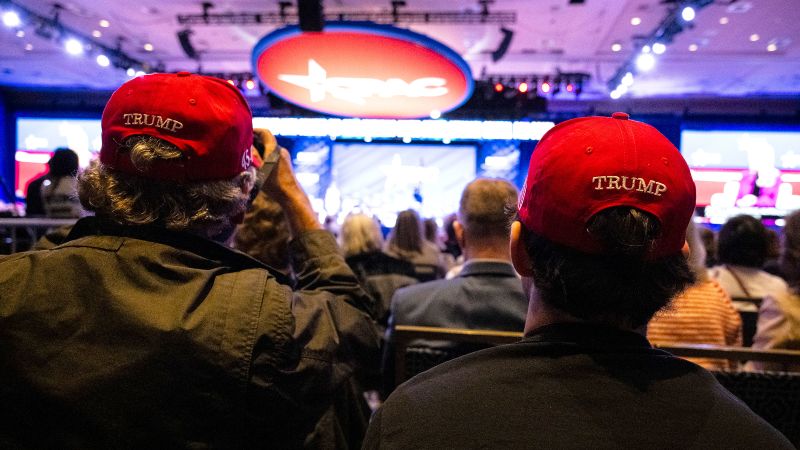At the Conservative Political Action Committee (CPAC) gathering, the divide between former President Donald Trump and Big Tech was evident despite efforts to mend their relationship. Tech giants like Facebook and Google faced criticism and jeers from attendees, with calls for conservative-friendly alternatives. While tech companies had made significant contributions to Trump’s political comeback, the resentment among his supporters persisted.
Elon Musk, however, stood out as a notable exception, receiving a warm reception for his early government spending initiatives. Despite some tech companies adopting new policies to appease conservatives, the lingering distrust and resentment were palpable at CPAC.
The animosity towards Big Tech extended beyond CPAC, with Republican lawmakers threatening to remove legal protections for tech companies. The panel discussions at CPAC targeted not just Big Tech but also financial industry figures like BlackRock CEO Larry Fink and Pfizer CEO Albert Bourla, who faced criticism from Trump supporters.
Former Trump strategist Steve Bannon highlighted continued skepticism towards an industry that aligned with Trump only recently. This skepticism has created opportunities for conservative-aligned tech companies to emerge, challenging the dominance of traditional platforms. Parler, for instance, now emphasizes blockchain technology and user-owned content as it seeks to attract conservative users.
The landscape for alt-tech companies remains complex, especially with Trump’s renewed engagement with mainstream tech firms. The ongoing political tensions of the past years continue to shape the tech industry’s relationship with conservative users, underscoring the challenges and opportunities for alternative platforms.

